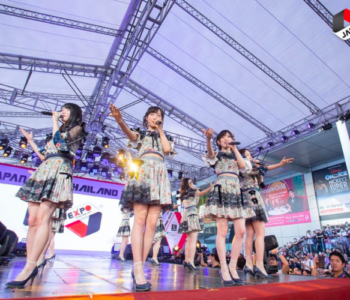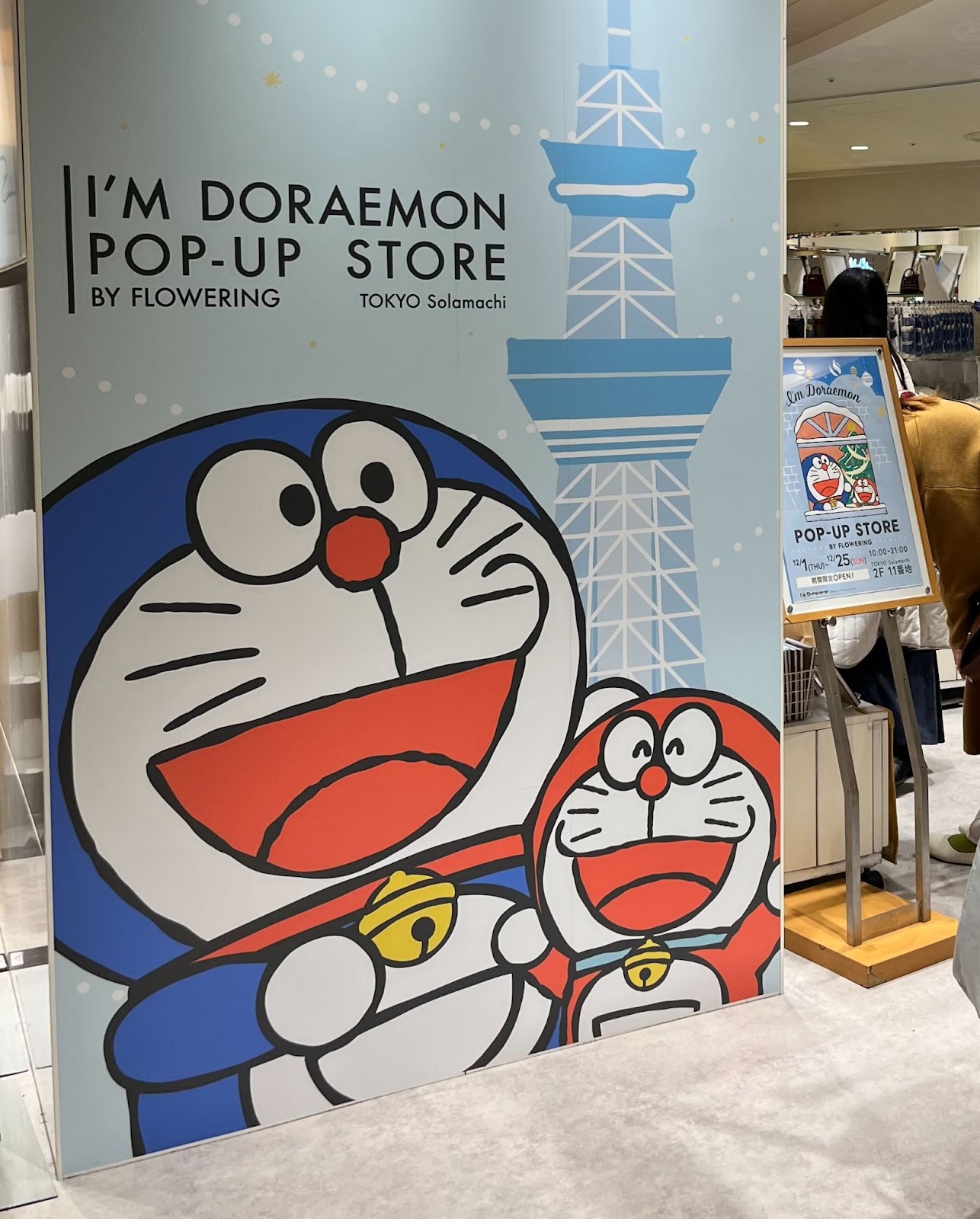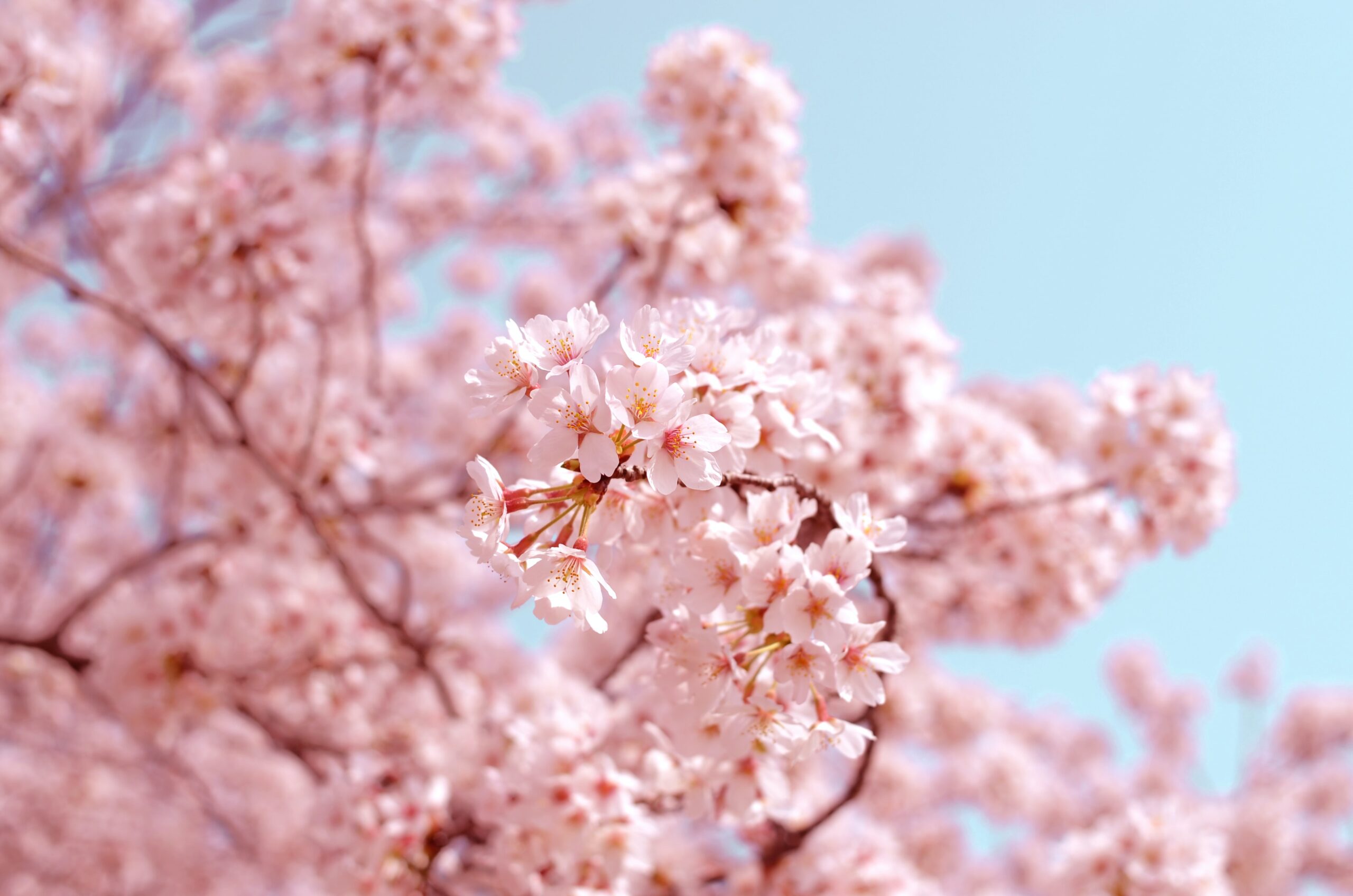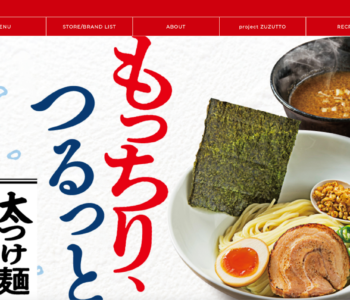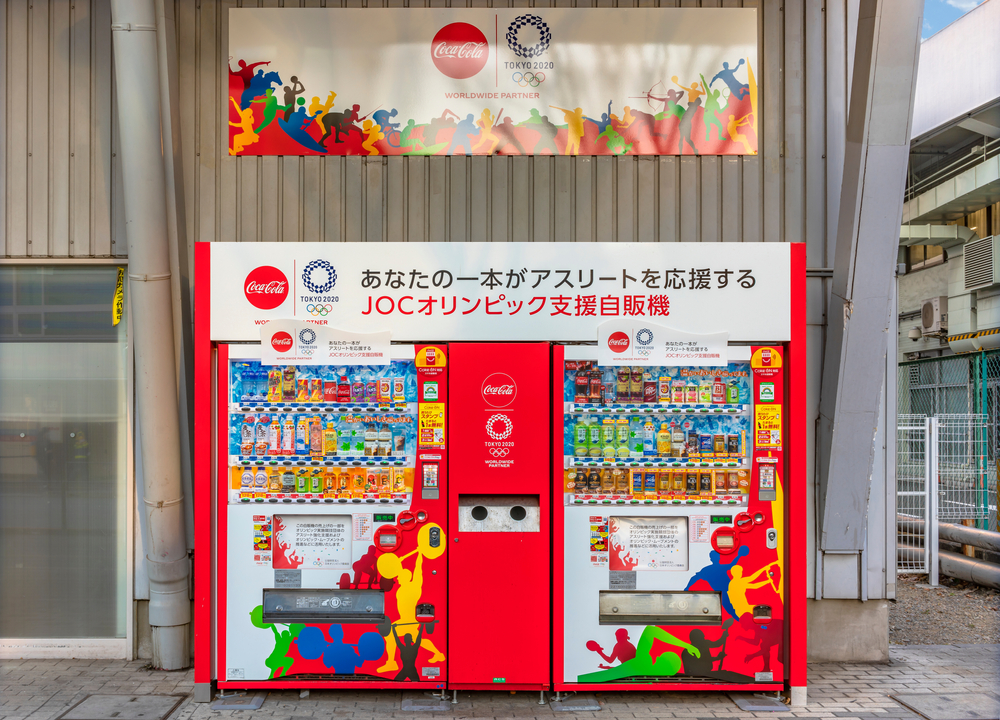 Marketing
Marketing
Branding Opportunities through Vending Machines in Japan: An Unconventional…
By Maxim Tvorun-Dunn
This article will examine the market opportunities for branding via vending machines in Japan. We look at some of Japan’s past and present attempts to increase vending machine sales in terms of; machine design, what these attempts mean to the wholesalers supplying drinks to vending machines in Japan, and how independent owners have approached marketing via this channel.

Source: Shutterstock
Overview of Japan’s Vending Machine Market
Unlike most vending machines abroad, the majority of Japan’s over 5 million vending machines are not independently operated but owned by large firms like Coca Cola Japan, Suntory, and DyDo. These companies then supply their machines with a mix of their own products and beverages sold by wholesalers.
While vending machines experienced a tough year due to Covid with Bloomberg reporting a drop of over 35% in beverage sales in Japan and with a projected CAGR of -0.1%, the low-interaction marketplace of vending machines may offer a future within the “new normal” world post-Covid. The future potential in this area can be evidenced by Coca Cola and Suntory’s reported investments, developing app-led purchases and offering exorbitant salaries to workers who can digitise their machines.
Vending Machines in Japan: Tie-ins
Due to the highly distributed investment throughout entertainment industry Production Committees, where media franchise funding is supplied by several conglomerates to mitigate risk, access to merchandising rights comes as standard for a wide variety of Japanese firms. This is a core reason for Japan’s prevalent media mix, where television programmes, movies, and especially animated releases are accompanied by branded items from everything from clothing to home improvement tools, and importantly here: vending machines.
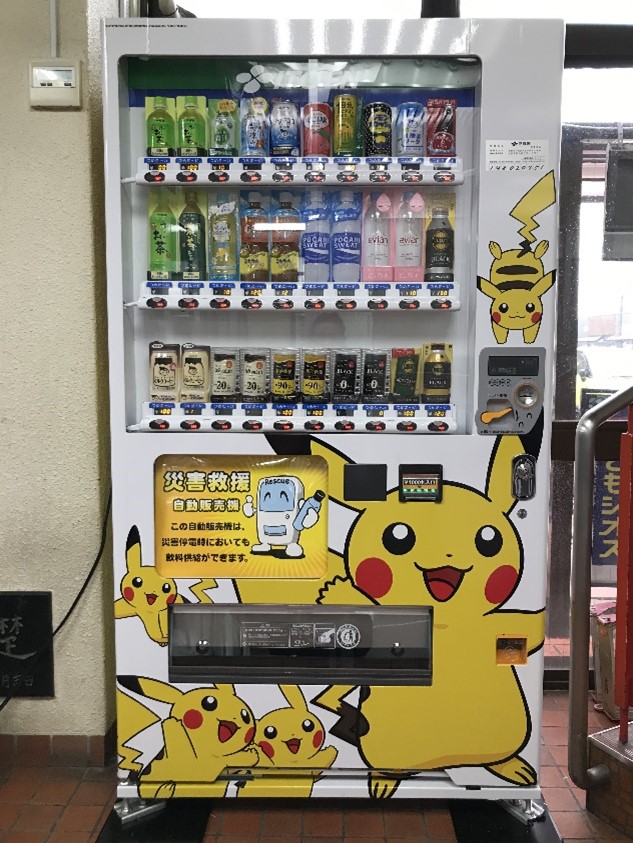
These eye-catching machines can bring additional foot traffic from fans, and references to certain products in a media franchise can promote engagement, both with the media and the product itself when encountered in real life. An example of this is the inclusion of Dr Pepper in the tie-in vending machine for the show Steins;Gate 0, which prominently featured the beverage. Resourceful beverage marketers can capitalise on these forms of vending machine promotions in Japan by positioning their product as a recognisable aspect of a media presence, opening up opportunities for fans to engage with the product accordingly.
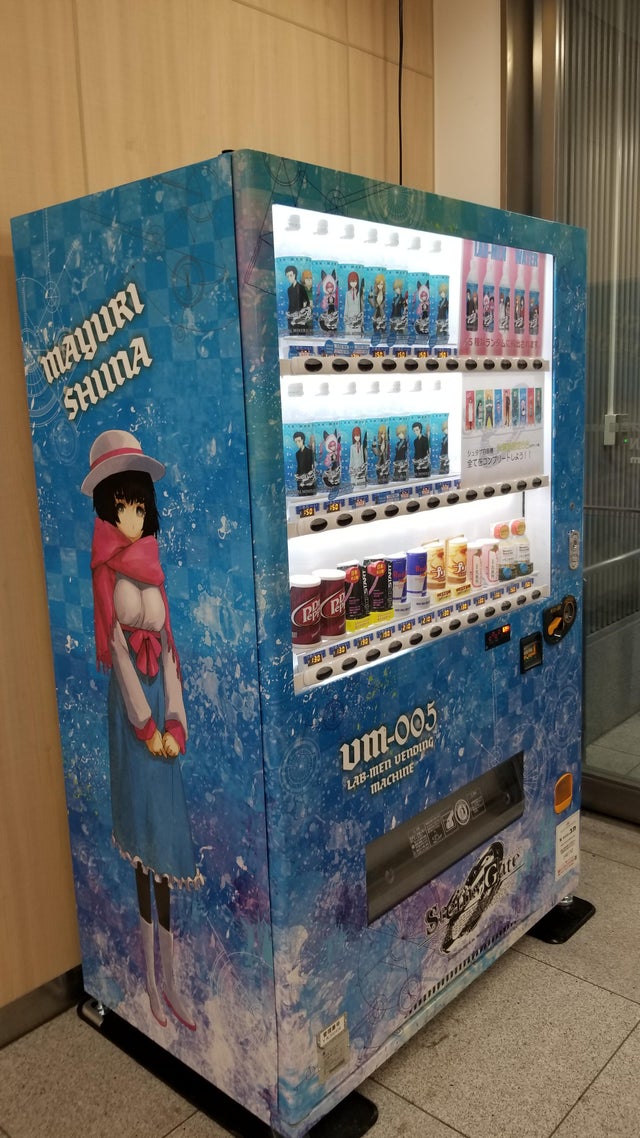
Vending Machines in Japan: Works of Public Art?
An additional form of vending machine artwork comes as an extension of local public arts. These works can call attention to themselves and offer an appealing public rest stop for a photo and drink but as a result, they may risk overshadowing the products on offer.
A particularly well-designed example is a machine found in Osaka recently, featuring a samurai. The high-pop colors and wavy lines give a contemporary graffiti air to the traditional imagery and the high contrast with its environment and display panel helps the machine immediately stand out without drawing the focus away from the products being sold. Furthermore, the leading lines from the samurai’s hair and eye-line cleverly divert just enough attention away from the beverages to make audiences feel they aren’t being overtly advertised to.
A less effective example is this wooden façade vending machine found in a more traditional Japanese city. While this vending machine offers the benefit of unique novelty and maintains the traditional design of the broader town, it does so at the cost of almost entirely obscuring the drinks inside.
While stylised vending machines in Japan offer strong potential for fruitful marketing, beverage wholesalers keen on maintaining control over the appearance of and associations with their brands should exercise caution when considering that their branding may be overshadowed by the artwork supplied at the point of sale.


Marketing via Independent Vending Machines in Japan
While most vending machines in Japan are owned by Coca Cola and Suntory and all major locations for vending machines have already been purchased years prior, independently operated vending machines can still bring advantages.
Brands may find success operating their own vending machine in an official store or strategic location. As vending machines are a part of daily life for many people in Japan, marketers utilising these machines can position their products as the ultimate convenience, something to become an easily accessible part of one’s daily routine. These large refrigerator-sized public ad spaces can also offer direct-to-consumer messaging about your core values.
One example of this can be seen in this vending machine selling dashi, a form of soup stock in Japan. As dashi is central to many Japanese meals made at home, the promotional message of this machine is immediately understandable; that their dashi is as convenient to access and cook with as one’s morning canned coffee.

Opportunities for Vending Machine Marketing in Japan
Whether running a brand’s own machine or wholesaling to Japan’s market giants, vending machines offer opportunities for brands to catch the gaze of commuters, associate their products with partners, and expand overall engagement with fans. As advancements in vending machine marketing are destined to come along with the recent changes in consumer preferences, keen marketers and wholesalers should look to offer visually imaginative and practically innovative strategies to boost their products’ appeal.
See also:
Climate Change in Japan: Raising Awareness and the Quest for a Solution
Celebrities in Japan: How ‘tarento’ Promote Strong Audience Engagement
Keep checking back or follow us on LinkedIn, Facebook or Twitter to get notified about our latest posts. We’ll be adding more ideas for developing your market strategy in Japan!
Alternatively, feel free to get in touch and see how we can help your business make more effective decisions about navigating the Japanese market.
